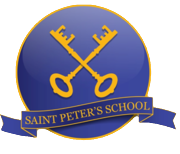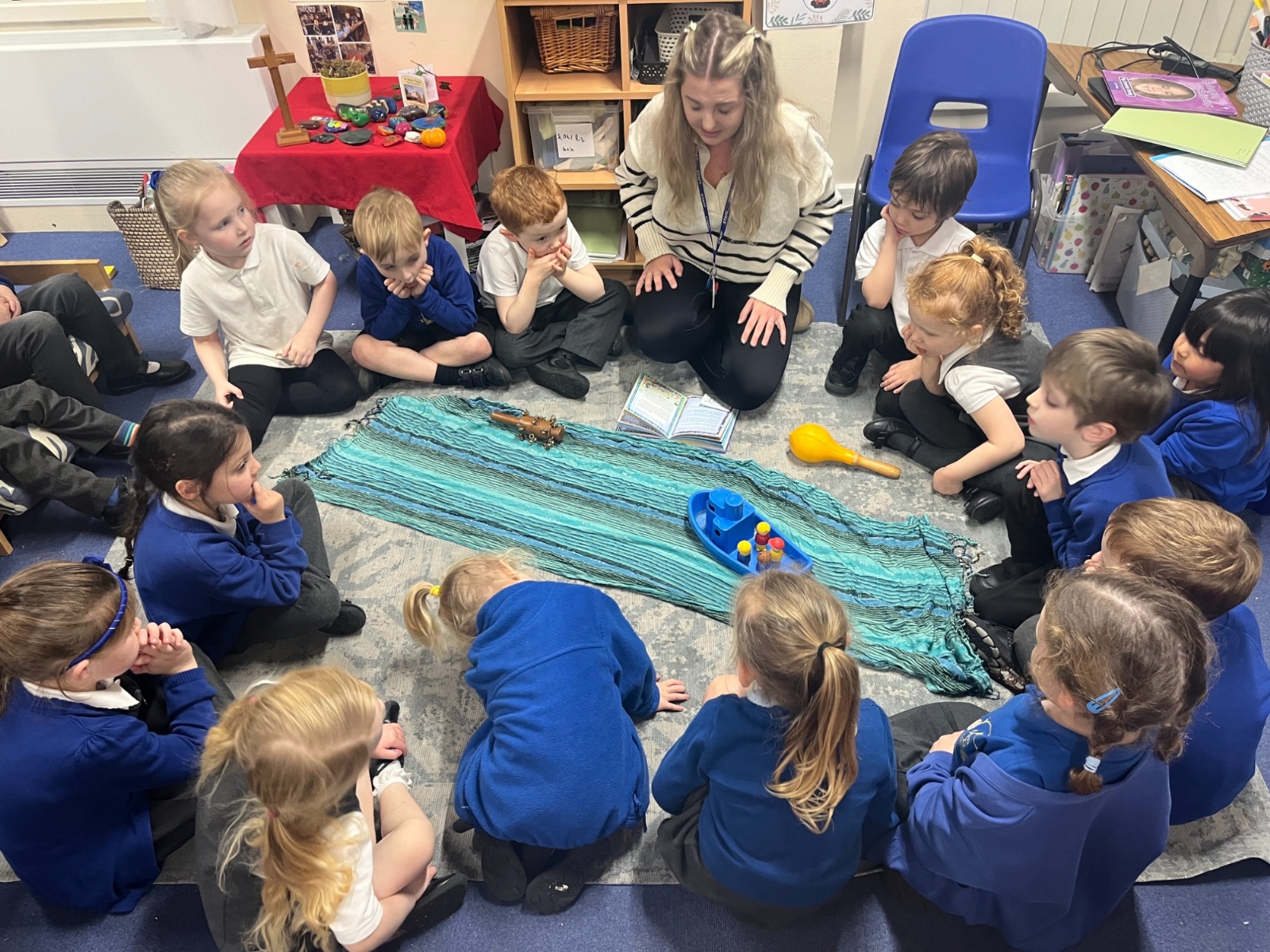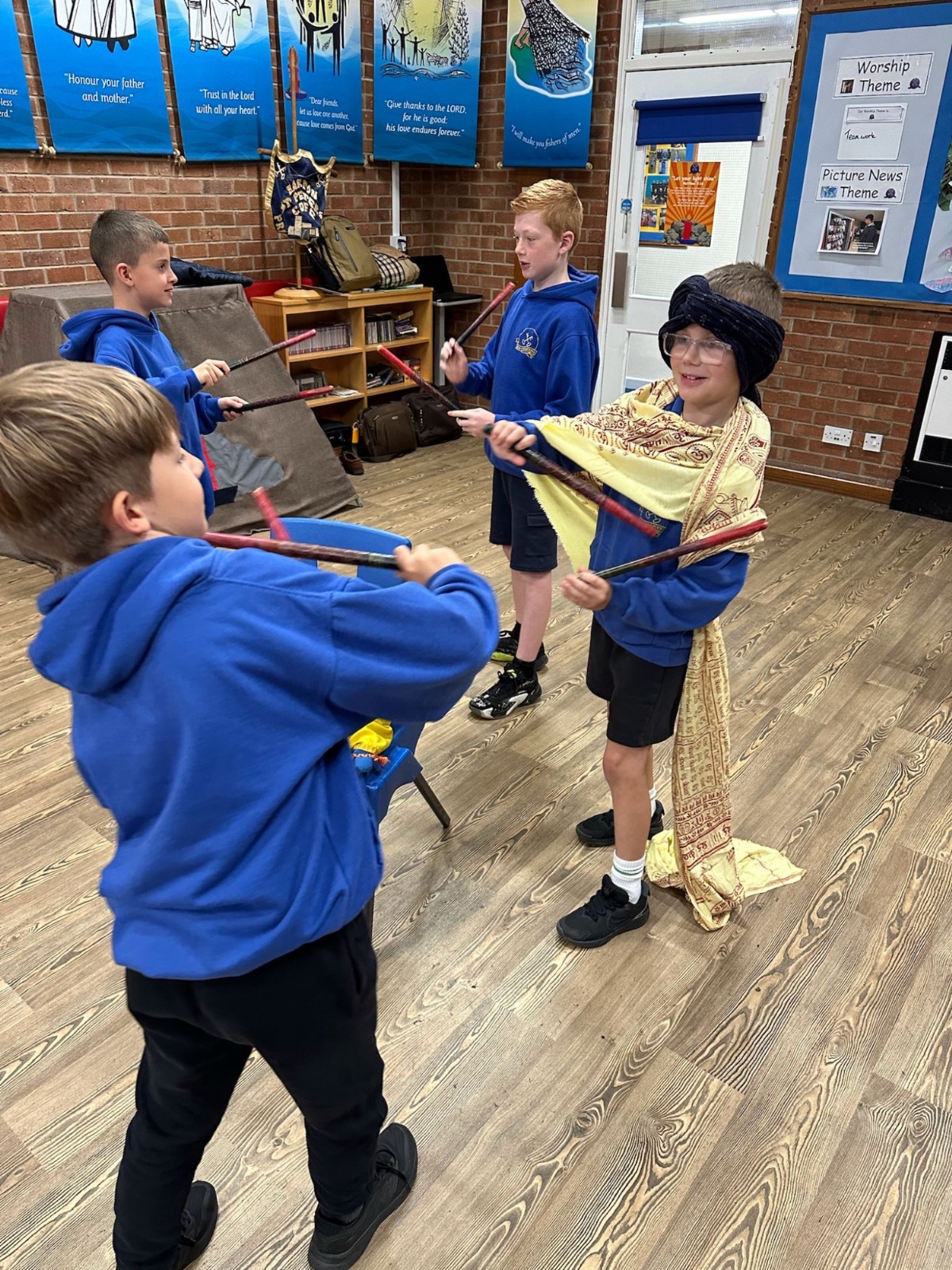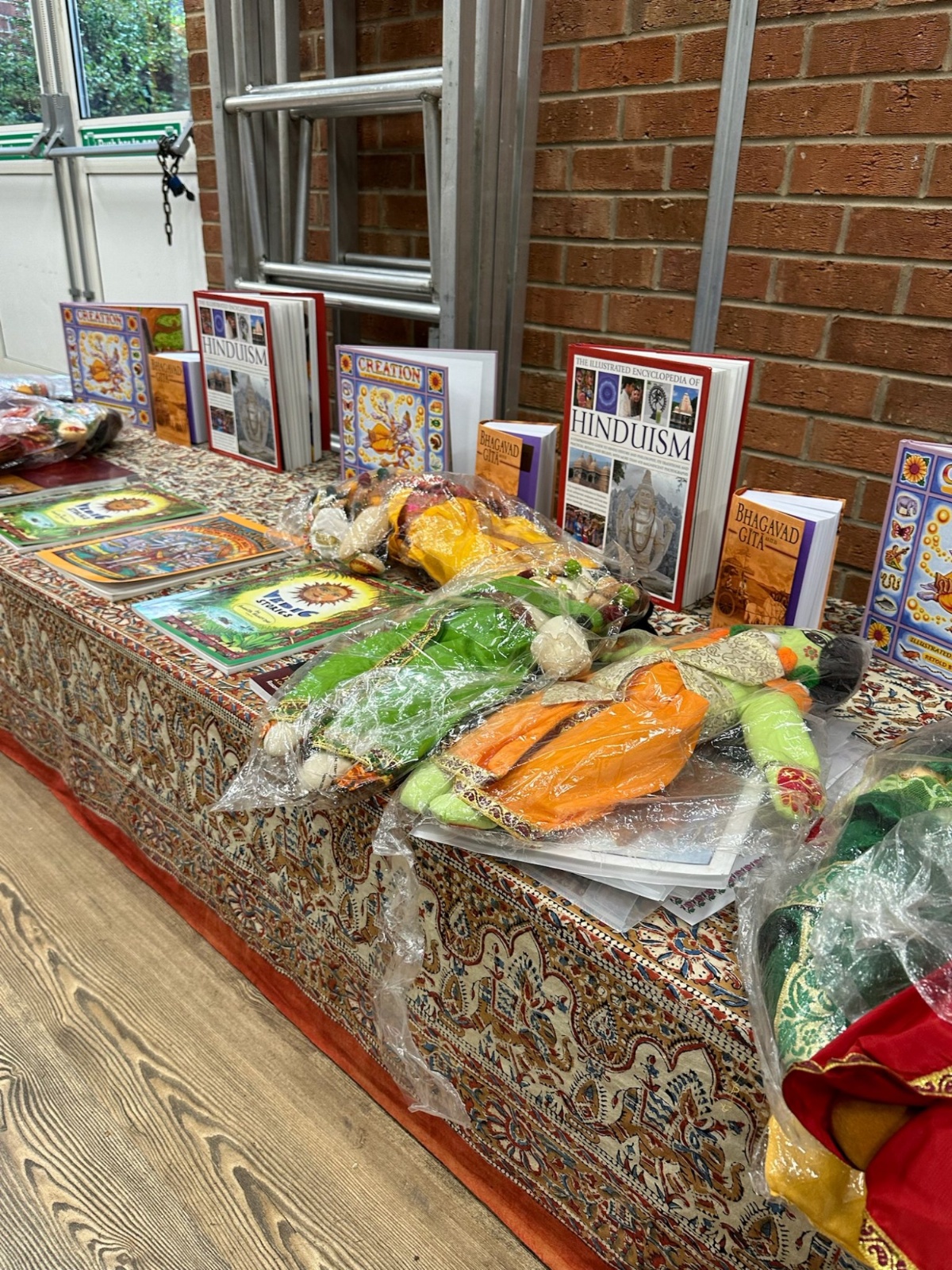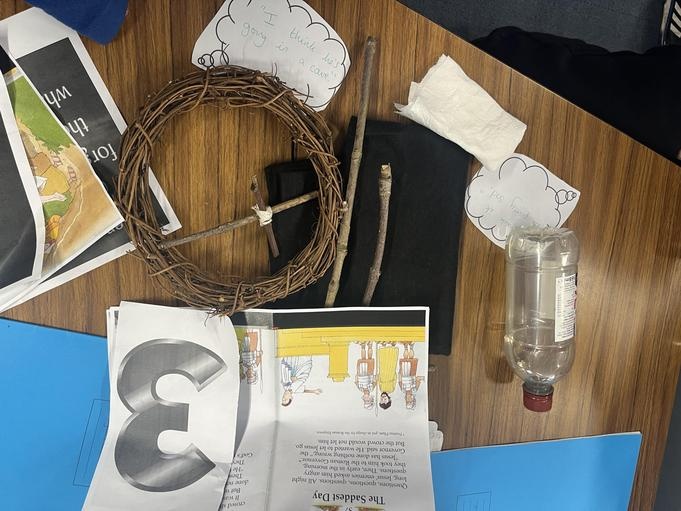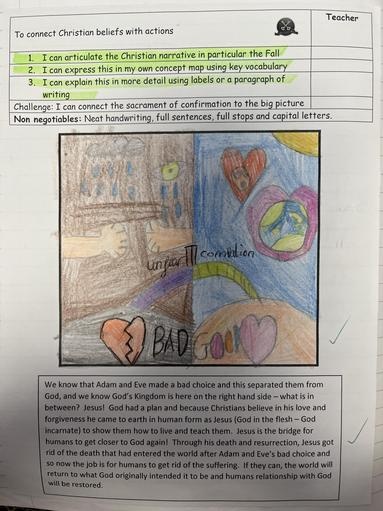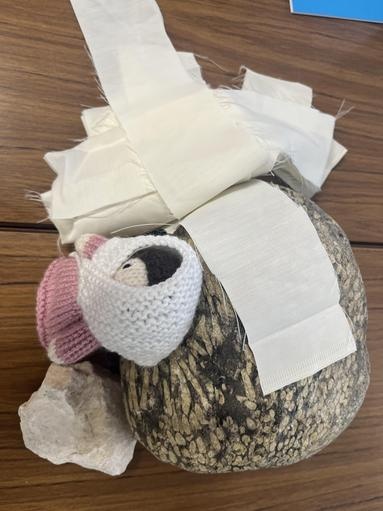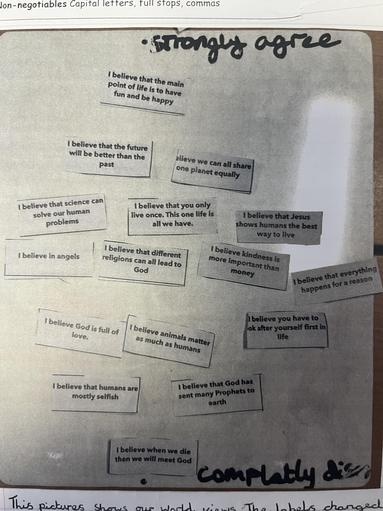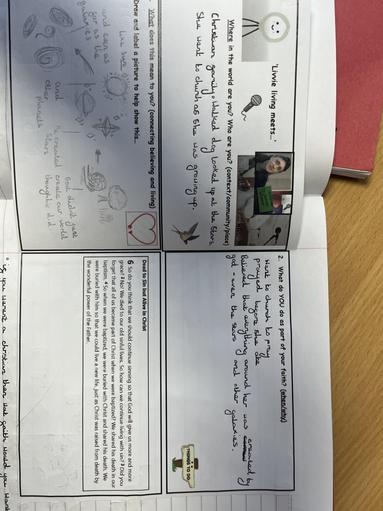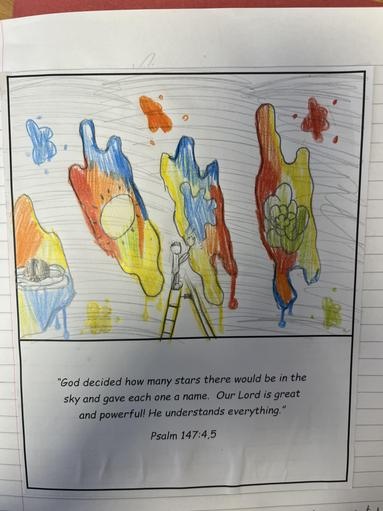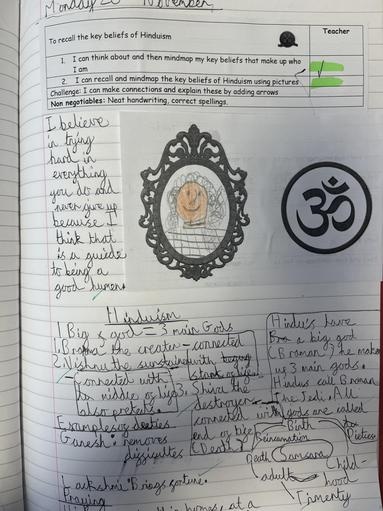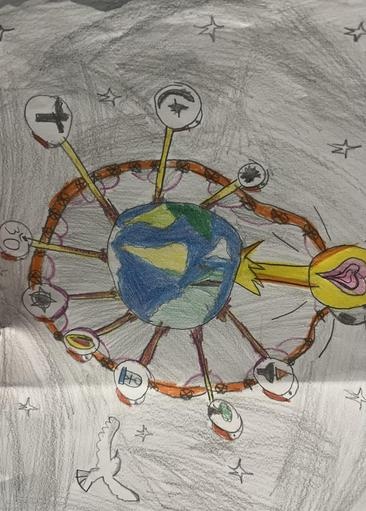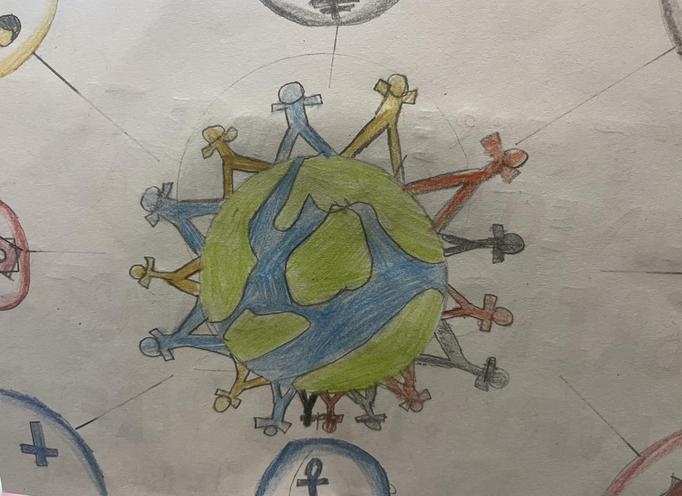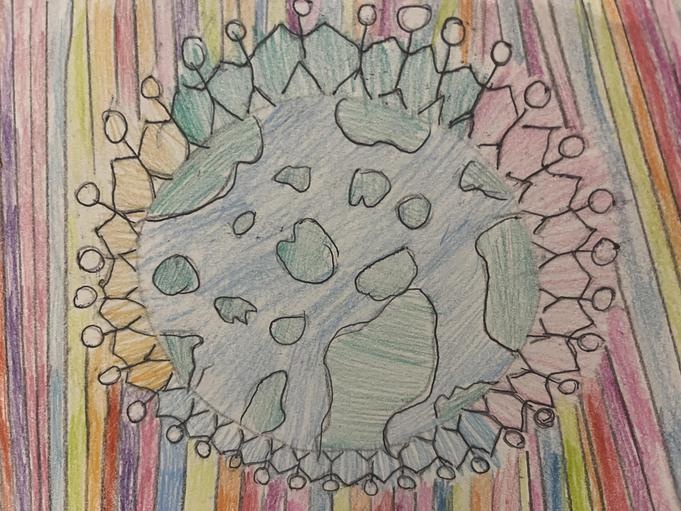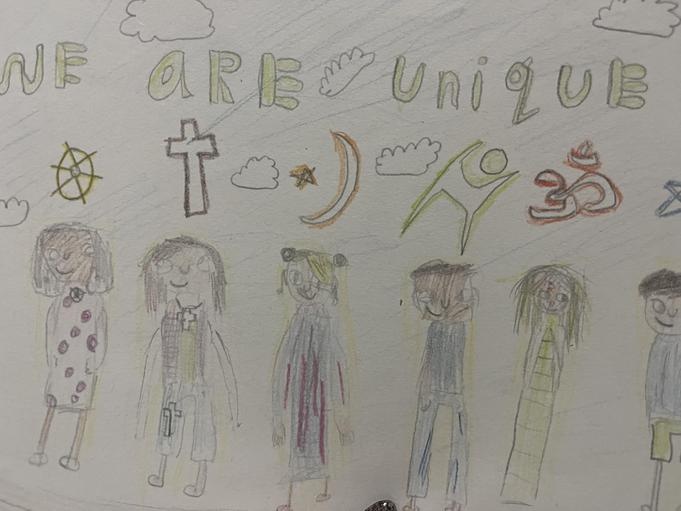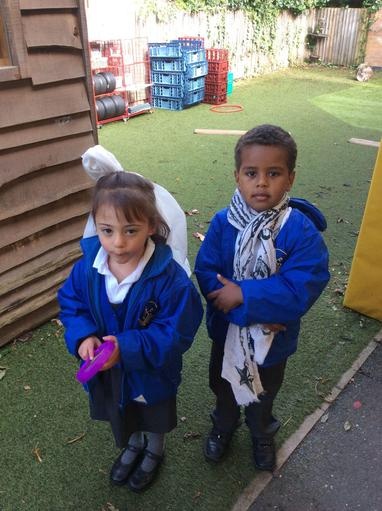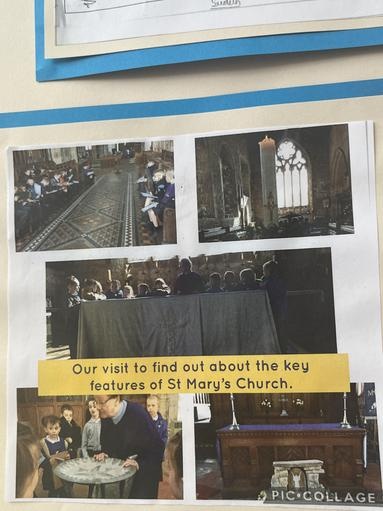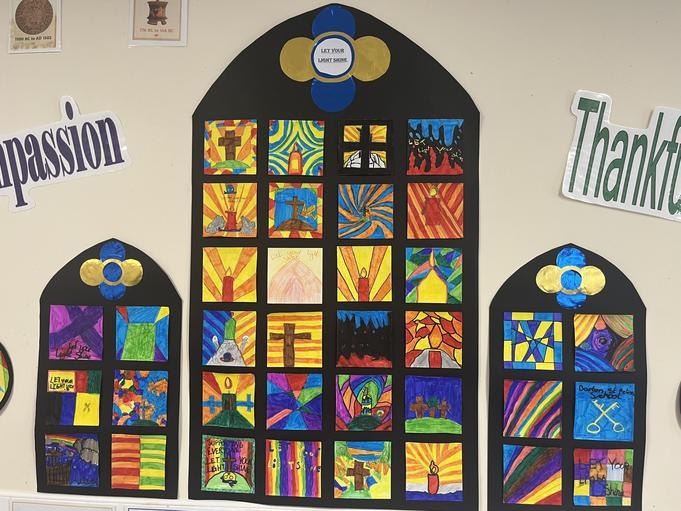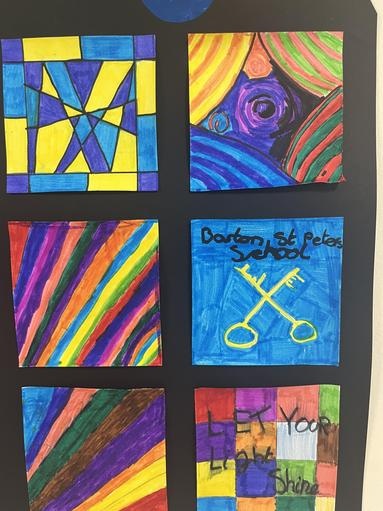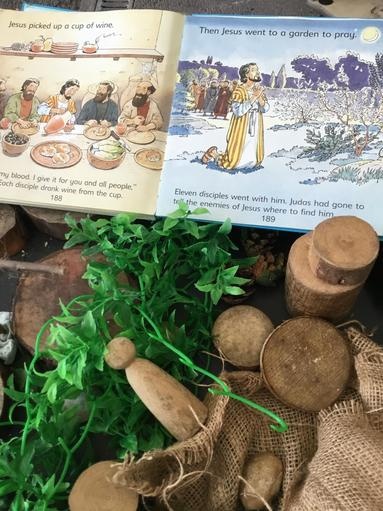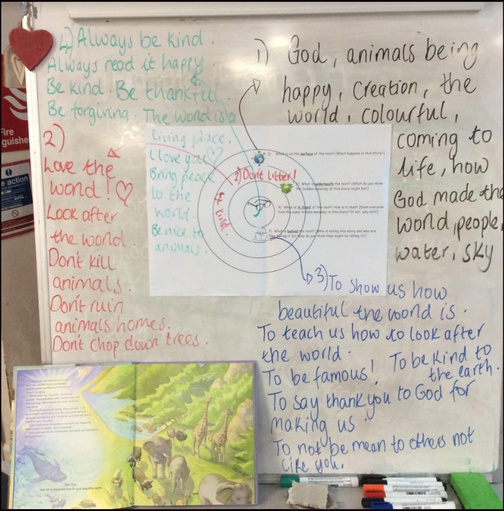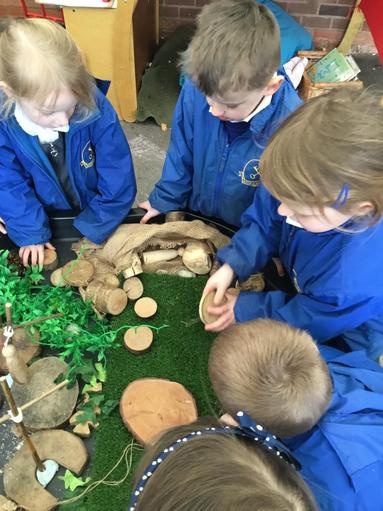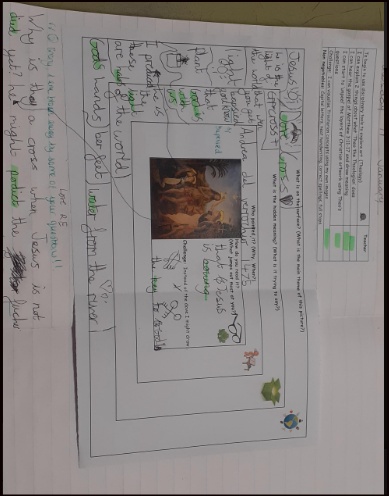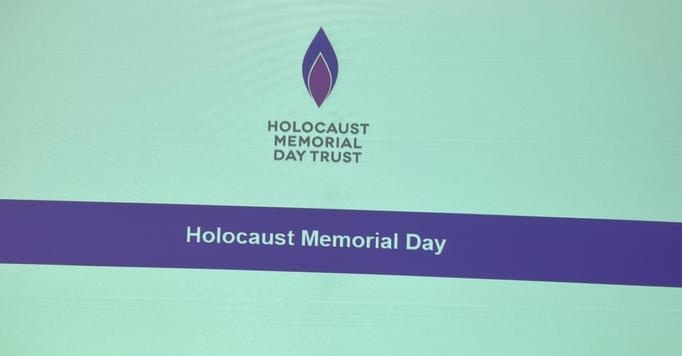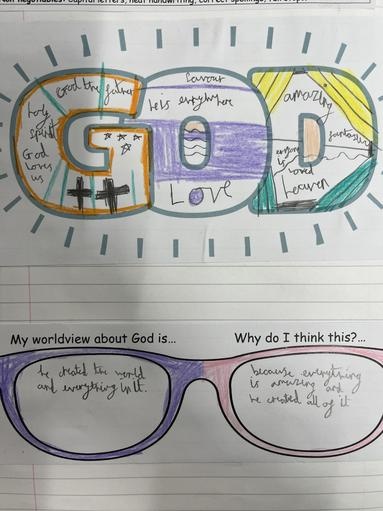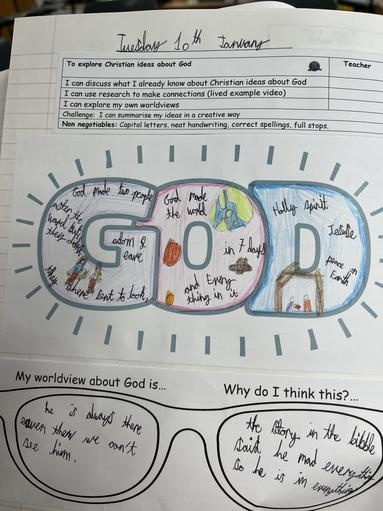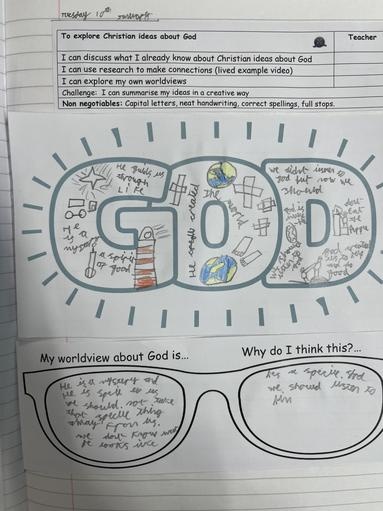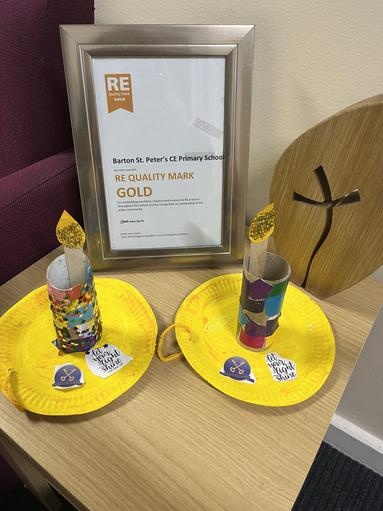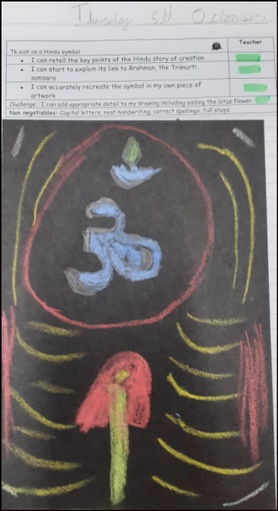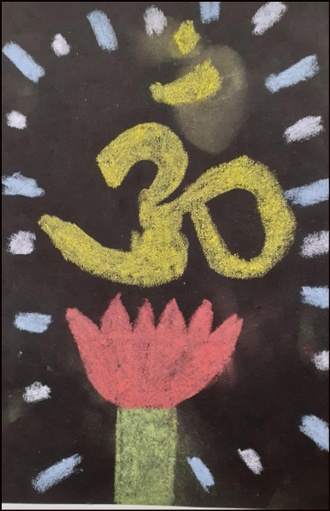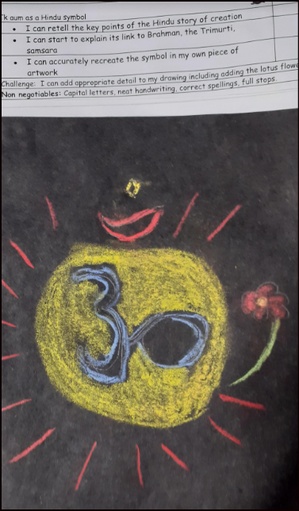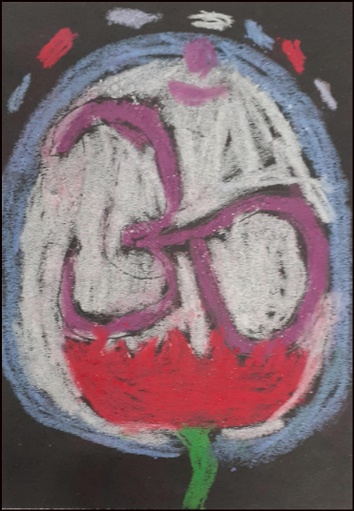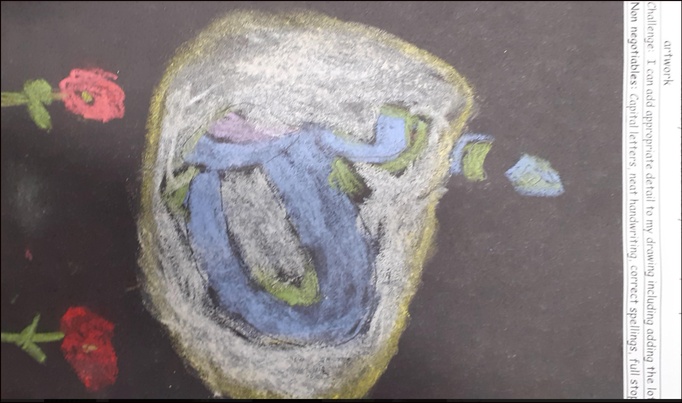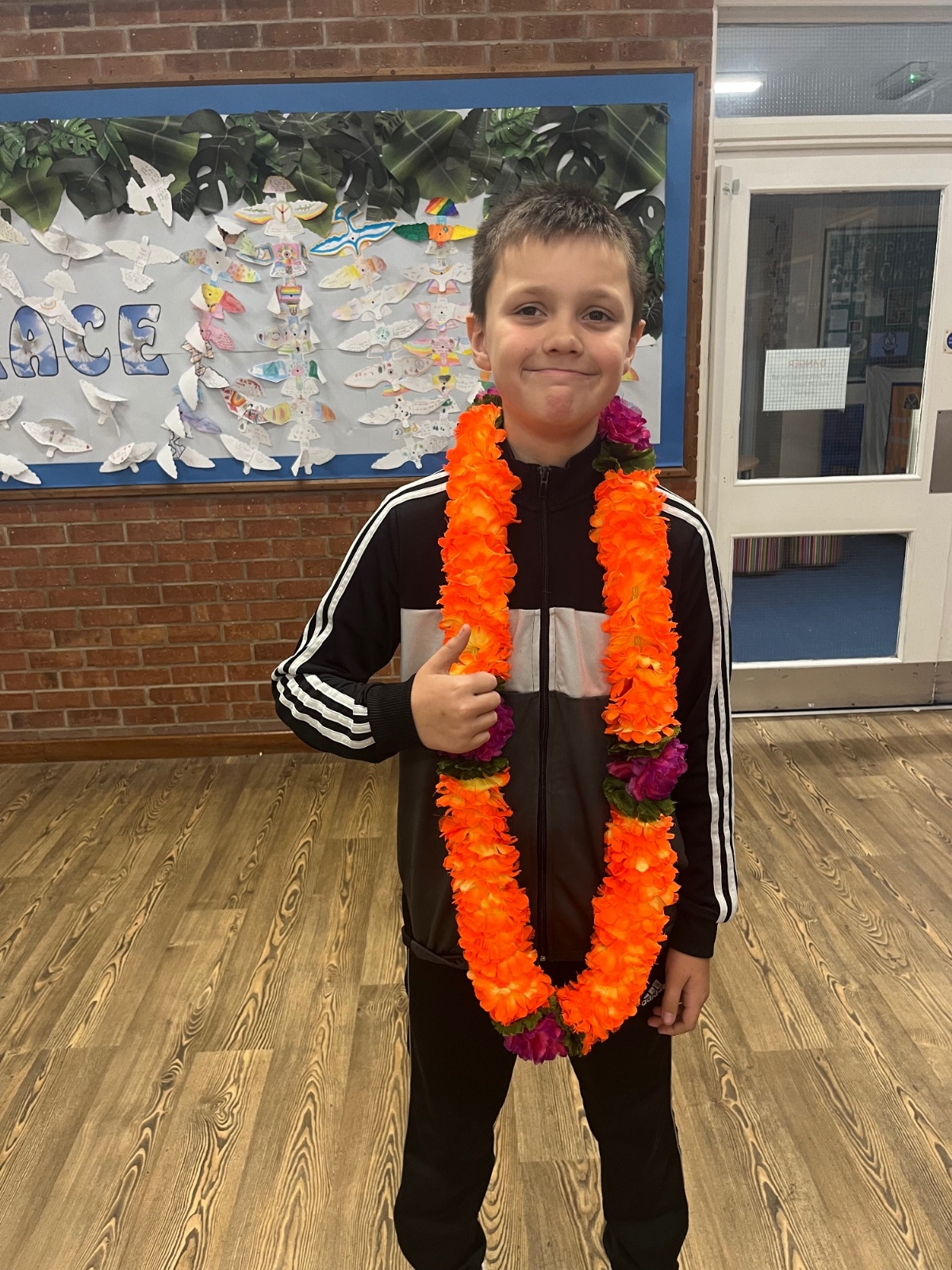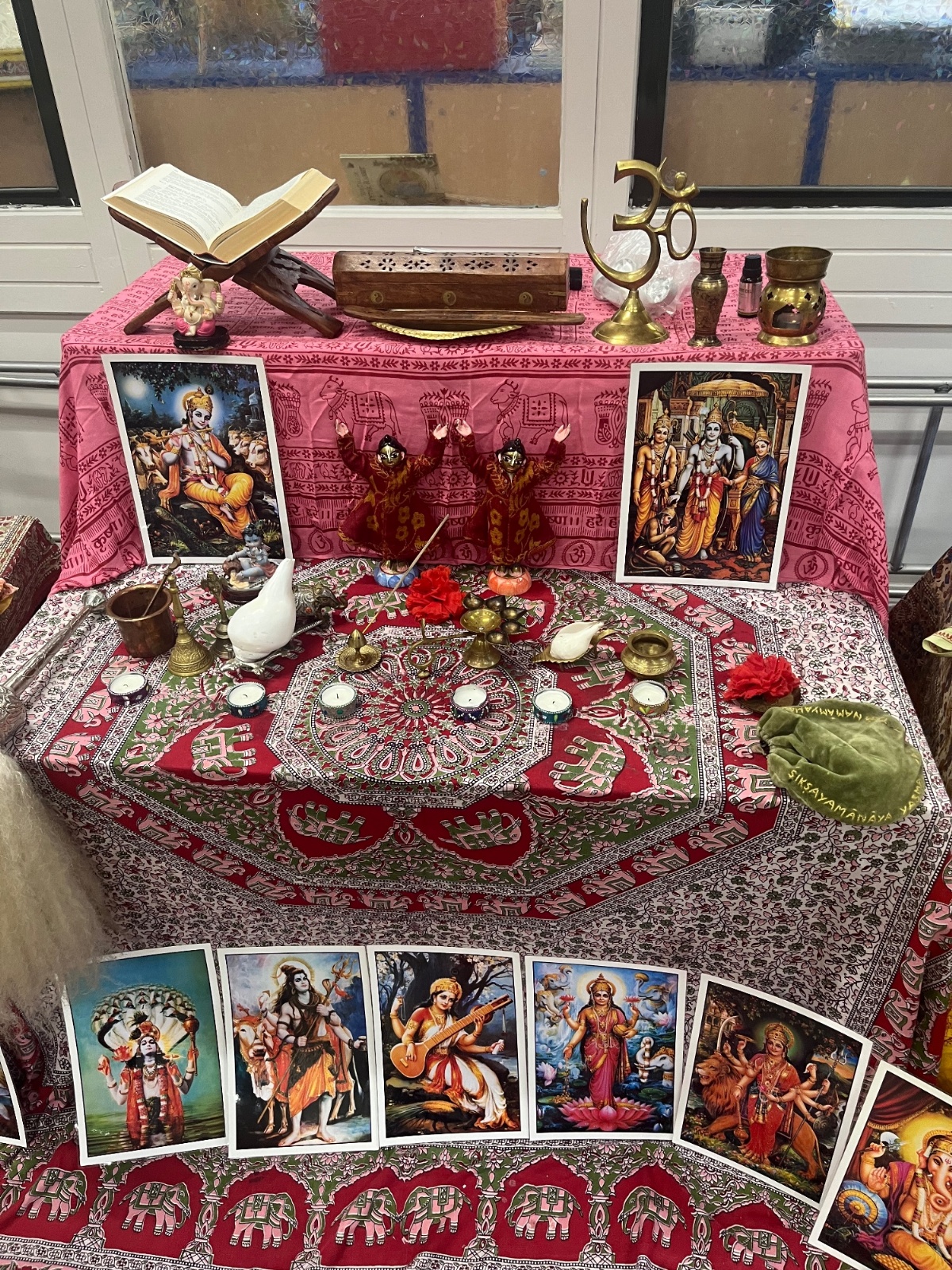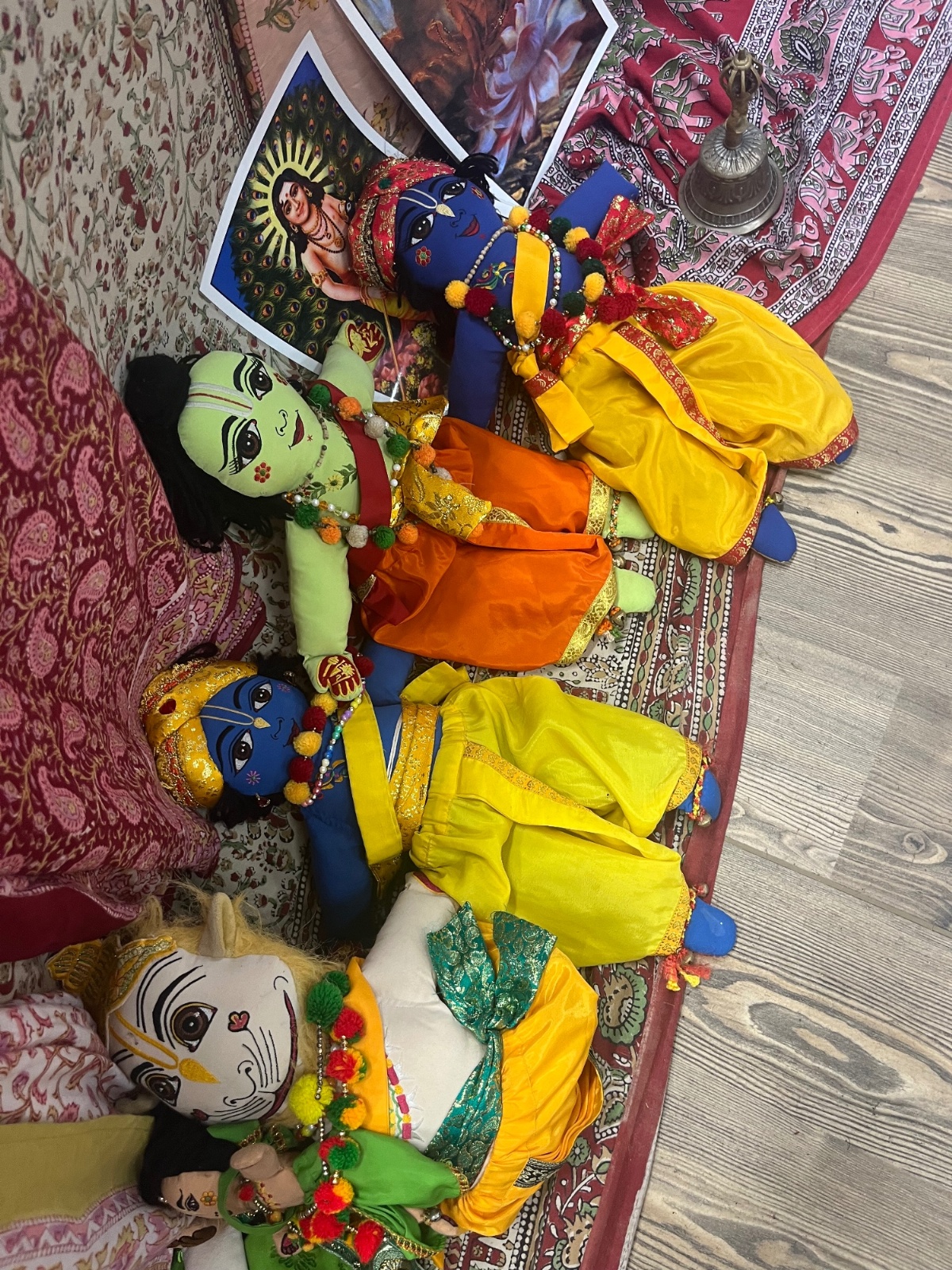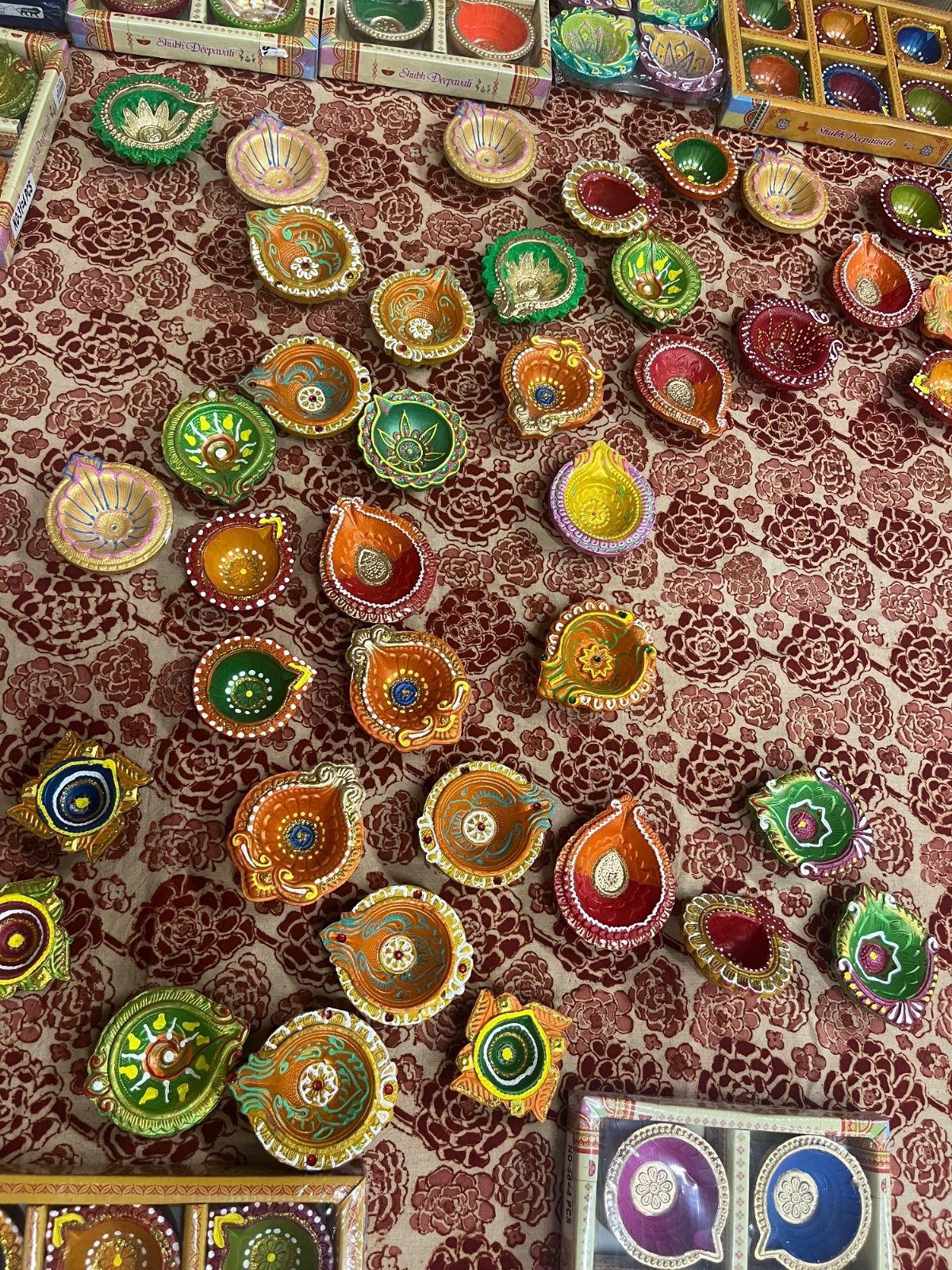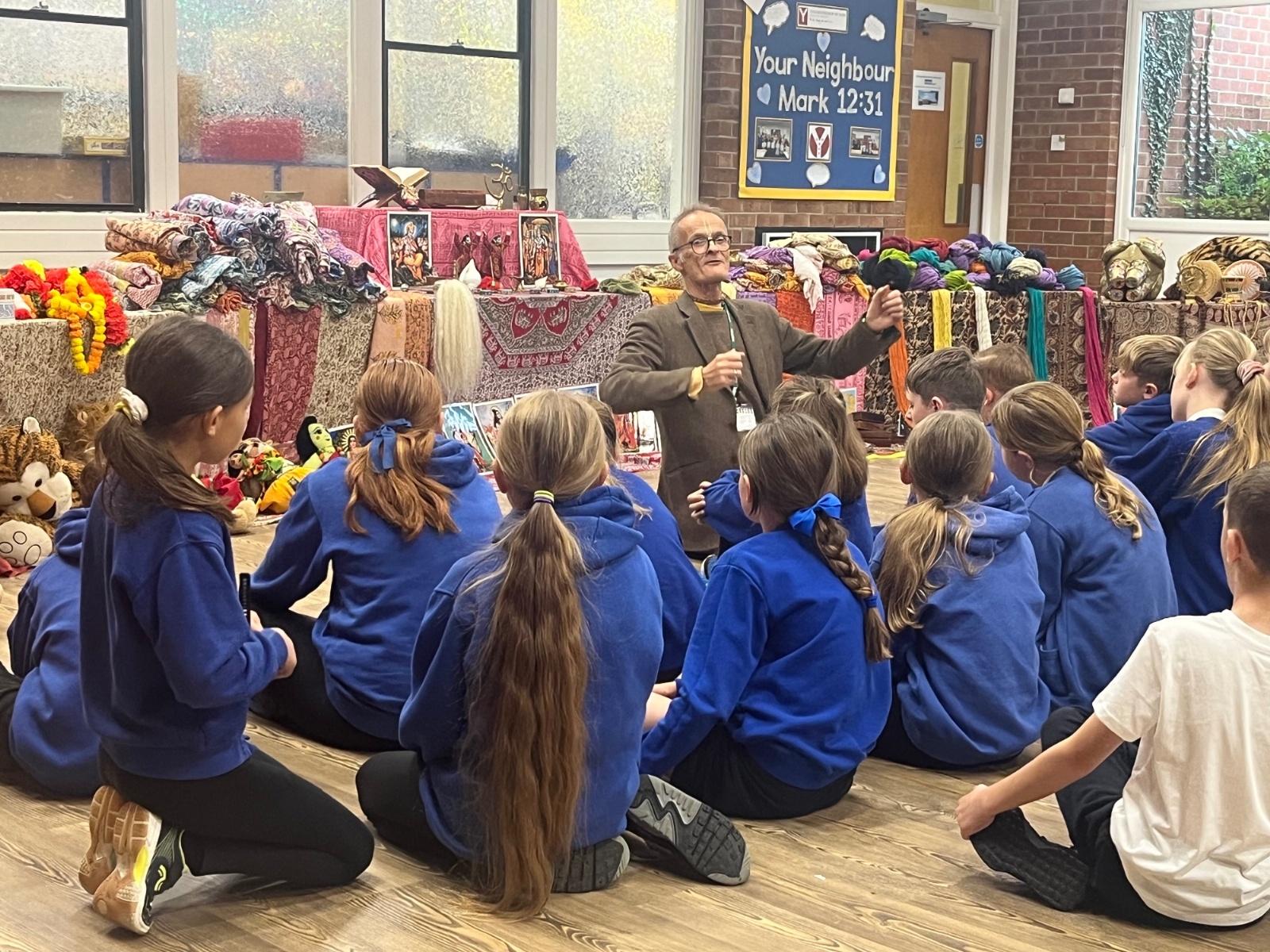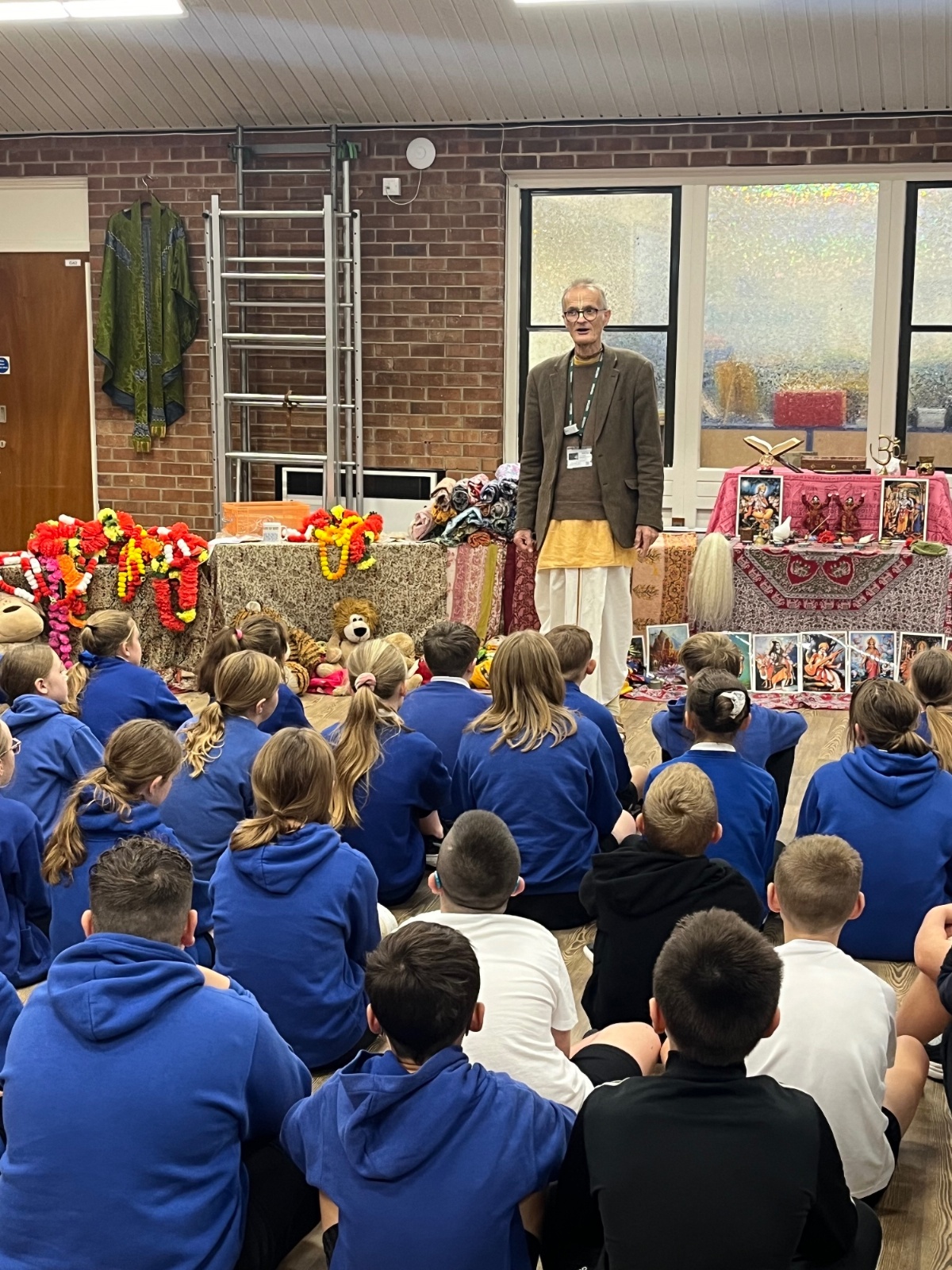RE

RE and Worldviews intent statement:
We passionately believe that it is key for all children to learn about a range of faiths in order to develop knowledge and tolerance by being compassionate listeners and as such, giving our children a firm foundation upon which to appreciate differences in beliefs and worldviews.
As a Church of England school, we recognise the core place that RE occupies as part of a broad and balanced curriculum and its foundation in a strong and inclusive community. We recognise the variety of religious and non-religious backgrounds that make up our school community and embrace this variety in the spirit of Christian welcome.
We are glad to have good relationships with faith practitioners from a range of world faiths and none, and we value their contribution to our provision of a curriculum that is progressive and connected by a rich in wealth of resources.
We actively seek to promote key British values, and see RE as one curriculum area in which our pupils can encounter and critically reflect on a range of worldviews with positivity, in order to challenge prejudice and counter racism through accurate knowledge.
RE and Worldviews implementation:
We deliver a well-planned, progressive RE curriculum which helps our children to understand the religious diversity of our local area and those they have not encountered. Our creative teaching allows children to express their thoughts and opinions through a variety of lenses to ensure every child has the opportunity to achieve and ask ultimate questions. The curriculum is founded on the concepts of believing, living and thinking which are central to the disciplinary approach of the LAS syllabus which is our foundation document .
1.Our spiral curriculum is progressive in skills and knowledge with key vocabulary and maps underpinning topics, which is subsequently built upon through our golden threads and year groups. This allows connections to be made throughout the passage of time within the long term memory.
2.Key areas of learning are revisited regularly and links are made within and between topics which supports our children’s learning through spaced repetition and summative low stakes, high challenge assessment (Mary Myatt). Together, with formative assessment, this is used to inform future lessons in the learning sequence so that children can gather a diverse and deep understanding of the topic.
3.Teachers plan a sequential journey of learning using formative assessment, the Locally Agreed Syllabus, Understanding Christianity and termly quizzing to assess quality and confidence amongst the discipline areas. These are shared among the LA and beyond.
4.Carefully planned key questions enable all groups of learners to be supported and challenged at the appropriate level without placing ceilings on children’s learning.
5.Enrichment opportunities are used to help support the learning of key aspects, for example visits to the local church and mosque, texts, music, artefacts and visitors to create a rich and immersive environment.
6.The religions explored are grounded in the knowledge of our community and additional units are unique to our local links.
7.We are outward looking, well informed and responsive to national trends, taking an avid interest as well as participating in the national conversation about the future direction of RE and Worldviews.
RE and Worldviews impact:
The children of BSP will leave us with an excellent knowledge of religion and the diversity of worldviews. They will be confident within themselves to ask high-level questions, hold religiously literate conversations and offer deep personal reflections. By understanding people and their unique perspective on the world and valuing this as a vital skill, we believe good RE and Worldviews plays a vital role creating a more cohesive society and preparing our children for the globalised workplace.
In this way, our children can know that they can ‘Let their Light Shine’ in whatever direction and however far they choose.
Church School Vision | Barton St Peter's CE Primary School
